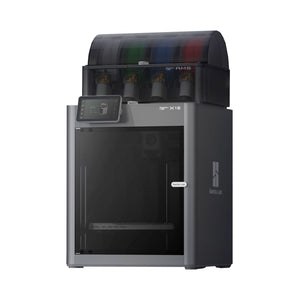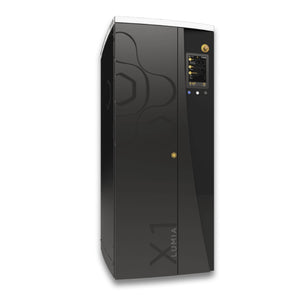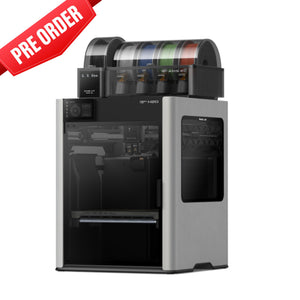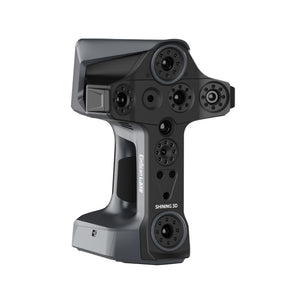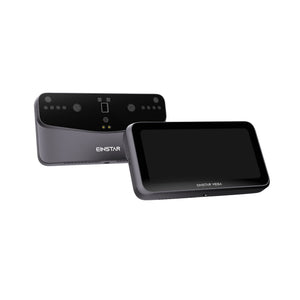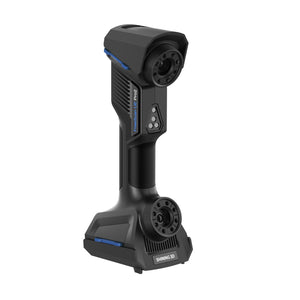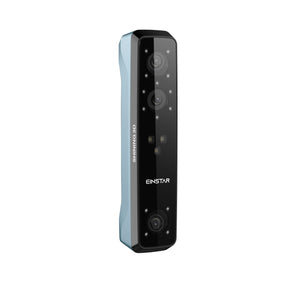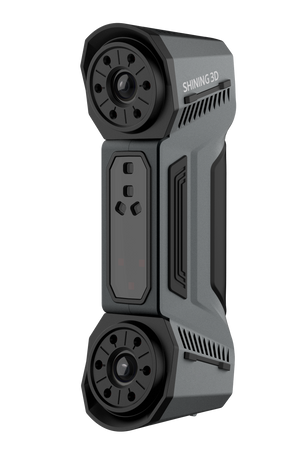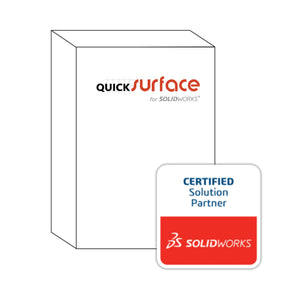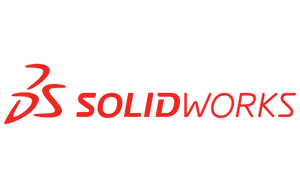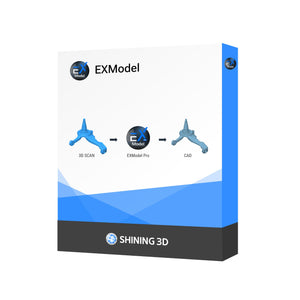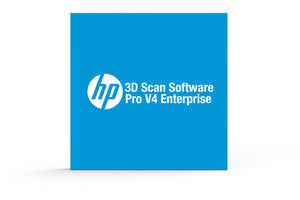Aug 15, 2018
Industrial vs. Consumer 3D Printers
What is Industrial Quality?
If you have spoken with us about 3D printing, you most certainly have heard us mention "Industrial Quality" when referring to our 3D printers from innovatiQ, MakerBot or Sintratec.
Sure, "Industrial Quality" sounds like something you want...but what does it mean?

First, it is important to make a distinction between two classes of printers that are often confused - Prosumer 3D Printers and Industrial 3D Printers.
Prosumer 3D Printers share these characteristics:
- Designed for consumers, but often selected by businesses as a first 3D printer choice due to low initial investment
- Focus is on maximizing features at the price point, rather than performance
- Usually purchased through a web-shop or Amazon
- Commonly leave customer to figure out service, support and maintenance on their own
- Are more common in the marketplace due to the large number of consumers out in the universe
- Limited material capabilities due to open chamber construction, low quality parts, etc
In contrast, Industrial 3D printers share these characteristics:
- Targeted to business customers when reliability and performance are the most important characteristics
- High quality printer construction - build materials appropriate for engineering use, designed to last for years of maintenance free use
- Components, motors, belts, pulleys, electronics, computers, etc. are designed for professional use, rather than sourcing based purely on the lowest cost
- Focus on technical performance & process control - usually allowing full access to all critical printing parameters to extract maximum performance for professional operators
- Optimized for Engineering-Grade materials, allowing engineering customers to build from materials that they know and trust with other manufacturing processes
- Have a professional sales team, taking a consultative approach to selecting a 3D Printer to fulfill business needs for all key stakeholders
- Accept business focused sales terms, allow equipment trade-ins / upgrades, and provide leasing options to business customers
- Have full-time application engineers on staff to assist with unique applications or technical issues that may arise
- Keep a full stock of spare parts to allow for quick maintenance and repair of the 3D printer, reducing downtime and keeping output high

So, when we talk about "Industrial Quality", we are not only talking about the surface finish or resolution on a sample part. Rather, we are referring to the overall design, engineering, and organizational structure that ensures "Industrial Quality" performance for professional customers long after the initial purchase.


